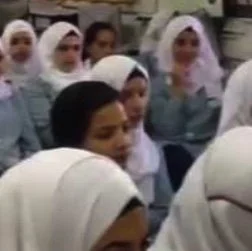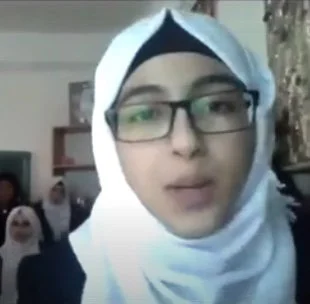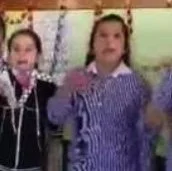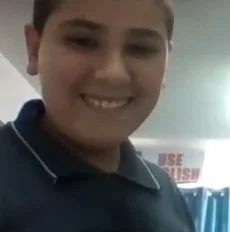Communicating in an additional language can be really hard work. Having a subject that they love - encourages less confident English learners to participate. Stories are great for sparking children’s interest and imagination in science. Stories don’t offer a scientific explanation, but they do have the power to captivate children and inspire them to be curious, to ask questions. Once we have caught their interest - then we can start talking about the science embedded within the story.
Read MoreThis week we have a guest post by one of the latest teachers to join our ever expanding pool of volunteers around the world, Emi Slater. What Emi writes fits in very well with the current trend in the work of the Hands Up Project to focus more on children creating stories, rather than merely consuming them. Over to you Emi...
Read MoreI've always liked Total Physical Response (TPR) as as an approach to language learning. It's a safe and relatively unchallenging activity for learners, but at the same time it provides them with lots of meaningful and highly memorable language exposure
Read MoreThis week another Hands up project volunteer, SIBEL KARATAŞ, a teacher of Turkish and English based in Berlin writes about her experiences working with a large girls group in Hebron, Occupied Palestine…
Read MoreThis week we have a guest post from Henritte Sudah, who teaches English at Zababdeh girls secondary school, Jenin, Palestine.
Read MoreA while back I saw a pretty impressive video on youtube and since then the images from it keep filling my head. It begins with a camera shot from space showing earth as a distant object and then gradually moves closer and closer, zooming in on the world, the continent of Europe, the UK, London and then, eventually streets, houses and finally people become visible.
Read MoreMost of what I'm doing in my online sessions with kids uses material from here but this week I want to focus on something a bit different. One area of storytelling that I haven't really looked at so far with these posts is working with picture books. With very young learners especially, I've often felt that if all teachers ever did was tell their kids stories from these books, then something very useful would be going on.
Read MoreDrilling is often criticised for being an old fashioned, teacher controlled activity with minimal cognitive challenge for learners. But the central idea behind it – that of pushing learners to process and reproduce a stretch of spoken language after a model from a more advanced speaker - can, in my opinion, be a very useful component of good teaching.
Read MoreI can't remember where I first heard this story but I included this version of it in the introduction to the Stories Alive material, and its central message about the power of personalisation in learning has always resonated with me.
Read MoreWhere do ideas for teaching come from? And where, indeed, do they go to? Increasingly I feel that they evolve organically out of classroom practice and out of collaborative dialogue between teachers, and between teachers and learners.
Read MoreEndings are tricky for me. When I get to the end of telling a story, I can feel quite uncomfortable, and I'm never really sure whether to just pause, or to say something like 'And that's the end of the story' or 'And they all lived happily ever after'.When we're using stories for language teaching (or indeed for any other purpose) that could be all that is necessary of course; we could just leave the story to do its work on its own.
Read MoreAs human beings we are programmed to make sense of the world around us through stories. In some format or other, telling or listening to stories is a principle part of the way we interact with others on a daily basis. Because of this, in homes and more formal educational settings alike, stories have been used to teach things to children since the beginnings of human speech, and all of the major religions of the world have used stories and storytelling as a way to put complex ideas into a format which is simple, accessible and inherently memorable.
Read More











